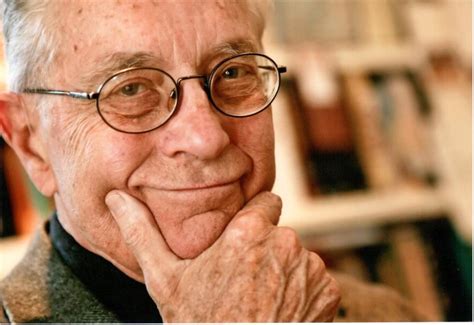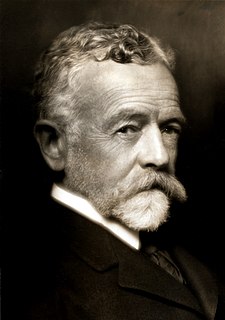A Quote by Friedrich August von Hayek
In no other field has the world yet paid so dearly for the abandonment of nineteenth-century liberalism as in the field where the retreat began: in international relations. Yet only a small part of the lesson which experience ought to have taught us has been learned.
Related Quotes
Given that the nineteenth century was the century of Socialism, of Liberalism, and of Democracy, it does not necessarily follow that the twentieth century must also be a century of Socialism, Liberalism and Democracy: political doctrines pass, but humanity remains, and it may rather be expected that this will be a century of authority ... a century of Fascism. For if the nineteenth century was a century of individualism it may be expected that this will be the century of collectivism and hence the century of the State.
Unlike the rationalism of the French Revolution, true liberalism has no quarrel with religion, and I can only deplore the militant and essentially illiberal antireligionism which animated so much of nineteenth-century Continental liberalism. ... What distinguishes the liberal from the conservative here is that, however profound his own spiritual beliefs, he will never regard himself as entitled to impose them on others and that for him the spiritual and the temporal are different sphere which ought not to be confused.
Transcendental meditation is one particular form of mantra meditation that allows your mind to experience progressively abstract fields of awareness. And ultimately you settle down in the space between your thoughts. The space between your thoughts is pure consciousness, and it's a field of possibilities. It's a field of creativity. It's a field of correlation. It's also a field of uncertainty. It's also a field where intention actualizes its own fulfillment. So that meditation allows you to contact this field, which is very primordial - the ground state of our existence.
No dogma taught by the present civilization seems to form so insuperable an obstacle in a way of a right understanding of the relations which culture sustains as to wilderness, as that which declares that the world was made especially for the uses of men. Every animal, plant, and crystal controverts it in the plainest terms. Yet it is taught from century to century as something ever new and precious, and in the resulting darkness the enormous conceit is allowed to go unchallenged.
To turn Karl [Popper]'s view on its head, it is precisely the abandonment of critical discourse that marks the transition of science. Once a field has made the transition, critical discourse recurs only at moments of crisis when the bases of the field are again in jeopardy. Only when they must choose between competing theories do scientists behave like philosophers.
I think harmonious relations with the U.S. would be very good for us from the economical point of view, more than in any other field, because all our industry has been established by the U.S. and primary products and repair parts that we have to make with much difficulty or to bring from other areas could come directly. And besides, sugar, which traditionally we had the American market is also near.
A cruel joke has been played on us. We are fated always to remember what we learned but never to recall the experiences that taught us. Who can remember being born? Yet, it is possible to speculate that anxiety has its roots in this experience, that dread of abandonment, fears of separation, intolerable loneliness go back to this moment. Who can remember being cared for as an infant? ... Who can remember being toilet-trained? ... Who can remember the attachment which developed to the parent of the opposite sex? ... We cannot remember but what we have forgotten lives on dynamically.




































